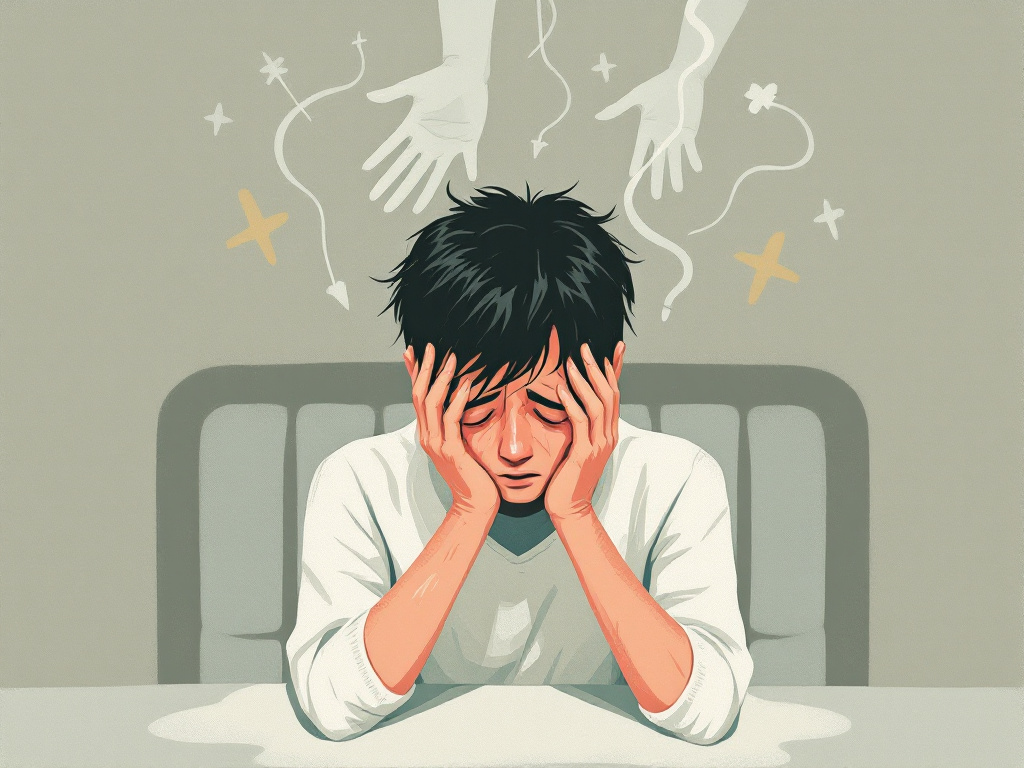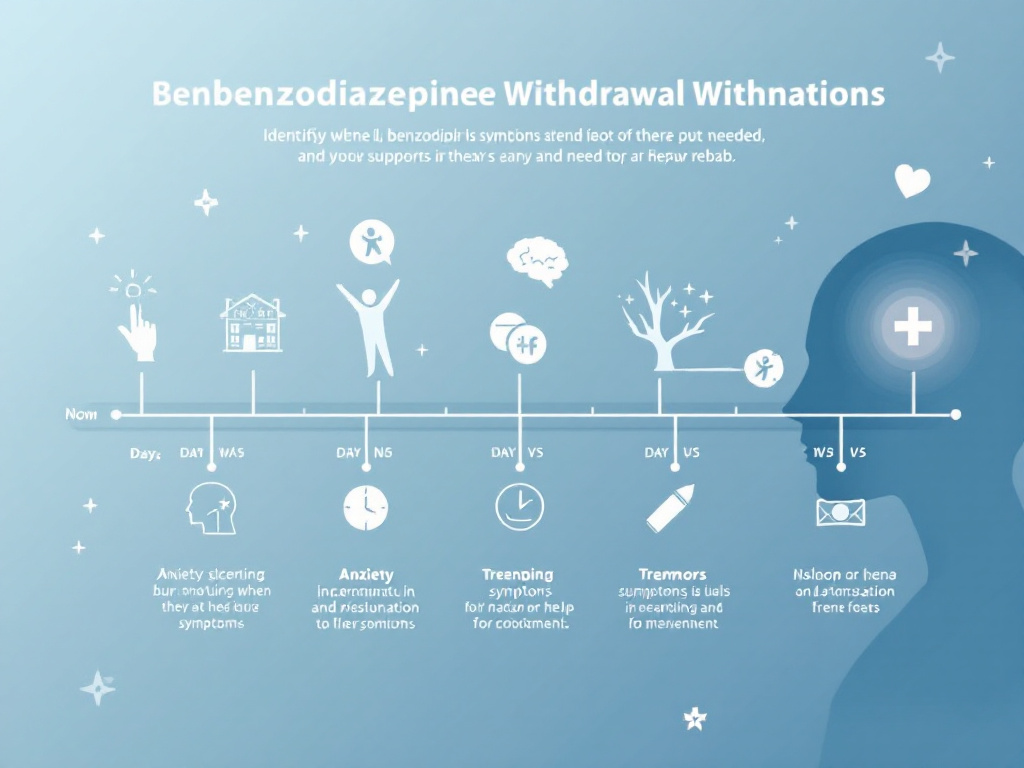Cocaine addiction is a life-threatening condition that affects both the body and mind. Detoxification and medications can play a vital role in the recovery process. However, therapy is often key to successful cocaine addiction treatment and long term recovery.
Questions Answered in This Article:
- What Is Cocaine Addiction?
- Why Is Therapy Essential In Cocaine Addiction Treatment?
- Types of Therapy Used In Cocaine Addiction Treatment
- How Therapy Helps Prevent Cocaine Relapse
You don’t have to face cocaine addiction alone.
Let us walk this recovery journey with you.
What is Cocaine Addiction?
Cocaine is a highly addictive stimulant drug that affects the central nervous system (brain and spinal column). It increases dopamine levels (“feels good” chemical) in the brain, which leads to intense feelings of euphoria, energy, and alertness. However, these effects of cocaine are short-lived. Thus, individuals repeatedly use the drug to maintain the high.
Repeated cocaine use leads to tolerance, physical cocaine dependence, addiction, and cocaine use disorders. Cocaine addiction also causes psychological dependency. The drug provides the emotional relief or euphoria, thus it is prone to misuse and substance abuse.
Cocaine Addiction Symptoms
Symptoms of cocaine abuse include:
- Behavioral Symptoms
- Intense cravings for cocaine and inability to control use
- Compulsive drug-seeking behavior (e.g., neglecting work, school, or family)
- Risky behaviors while under the influence (unsafe sex, driving impaired)
- Isolation from friends/family or a change in social circle
- Financial problems due to buying cocaine
- Lying or secrecy about use
- Neglect of responsibilities or personal hygiene
- Psychological Symptoms
- Euphoria during the high, followed by depression or anxiety when it wears off
- Mood swings — rapid changes from excitement to irritability or anger
- Paranoia or suspiciousness
- Agitation and restlessness
- Poor judgment and impulsive decisions
- Hallucinations (seeing or hearing things that aren’t there) in severe cases
- Physical Symptoms
- Dilated pupils and sensitivity to light
- Runny or bloody nose (from snorting)
- Track marks or skin sores (from injecting)
- Burns on lips or fingers (from smoking crack)
- Increased heart rate & blood pressure which can lead to heart attacks
- Loss of appetite & weight loss
- Insomnia or irregular sleep patterns
- Muscle twitches or tremors
- Withdrawal Symptoms
When someone dependent on cocaine stops using it, they may experience cocaine withdrawal symptoms:
- Strong cravings
- Fatigue & excessive sleeping
- Depression and suicidal thoughts
- Slowed thinking or inability to feel pleasure
- Increased appetite
Cocaine Addiction Treatment
In a 2023 report of the National Survey on Drug Use and Health (NSDUH), past-year cocaine use (any use) was at 1.8% or approximately 5 million individuals. Cocaine addiction treatment requires a comprehensive approach:
- Detoxification frees the body of cocaine
- Medications help manage withdrawal symptoms and cravings
- Therapy addresses the psychological issues or reasons for the addiction
Recovery is within reach.
Discover cocaine treatment that works.
Why Is Therapy Essential in Cocaine Addiction Treatment?
Detox and medications address the physical aspect of substance use disorders and cocaine withdrawal. Therapy treatment programs focus on psychological and behavioral factors that influence signs of cocaine.
Therapy helps individuals:
- Identify and address underlying triggers that lead to drug use (stress, trauma, mental health issues).
- Develop coping skills to manage cravings, anxiety, depression, and other triggers without turning to cocaine.
- Change unhealthy thought patterns and behaviors that contribute to addiction.
- Build resilience and emotional regulation to prevent relapse in the long term.
- Gain a better understanding of the cycle of addiction and learn how to break it.
Therapy empowers individuals with the tools and mindset they need to stay sober and lead fulfilling lives. Therapy gives a psychological answer on “Why do people get addicted to cocaine?”
Take the first step toward lasting recovery.
We’re here to help you every step of the way.
Types of Therapy Used in Cocaine Addiction Treatment
Treatment centers use programs that often combine multiple therapeutic techniques, tailored to the individual’s needs.
1. Cognitive Behavioral Therapy (CBT)
Cognitive Behavioral Therapy (CBT) is one of the most widely used and effective forms of therapy for cocaine use disorders. It helps individuals identify and change negative thought patterns and behaviors that contribute to their addiction. The goal of CBT is to replace destructive behaviors (such as drug use) with healthier coping strategies.
How CBT Works:
- Identifying Triggers: CBT helps individuals recognize the triggers or situations that lead them to use cocaine. Triggers can include stress, social pressure, or emotional pain.
- Converting Negative Thinking: It helps individuals identify distorted thinking patterns and replace them with more realistic, balanced thoughts. For example, a person may believe they need cocaine to “escape” stress, and CBT would work to challenge and replace that belief.
- Developing Coping Mechanisms: CBT teaches new coping strategies for managing stress, anxiety, and cravings without resorting to cocaine use. These can include deep breathing, mindfulness, or engaging in healthy activities like exercise.
CBT has been shown to significantly reduce the risk of relapse by equipping individuals with tools to manage life without drugs.
2. Contingency Management (CM)
Contingency Management (CM) is a behavioral therapy approach that provides tangible rewards for positive behaviors.
How CM Works:
- Individuals are rewarded for remaining cocaine-free, such as receiving vouchers or privileges for each drug-free urine test.
- The rewards system reinforces positive behavior and helps individuals stay motivated during treatment.
- CM also works well for clients who struggle with maintaining motivation to stay sober by providing immediate reinforcement for good behavior.
CM has shown promising results in encouraging long-term sobriety alongside other treatments for cocaine.
3. Motivational Interviewing (MI)
Motivational Interviewing (MI) is a client-centered, directive therapy that focuses on enhancing a person’s motivation to change. It is particularly useful for individuals who may not be ready to fully commit to treatment or acknowledge their addiction.
How MI Works:
- MI explores the doubt about addiction. It helps them resolve the conflict between their desire to continue using cocaine and their desire to get better.
- The therapist helps the individual discover their intrinsic motivation for change through open-ended questions, reflective listening, and affirmation,
- MI emphasizes empowerment and self-efficacy. These help clients take ownership of their recovery process.
MI promotes internal motivation and helps them feel more confident and capable of making long-lasting changes.
4. Family Therapy
Addiction affects the individual and family dynamic. Family therapy addresses the role that family members play in the addiction process. It also helps rebuild relationships that may have been damaged by substance use.
How Family Therapy Works:
- It educates family members about addiction, enabling them to better understand the challenges of recovery.
- It improves communication and addresses dysfunctional patterns within the family that may have contributed to the addiction.
- Family therapy helps rebuild trust and establish healthier, supportive relationships that aid in the individual’s recovery.
Family therapy is particularly beneficial in creating a supportive home environment. This is crucial for long-term recovery.
5. Group Therapy
Group therapy provides a supportive environment where individuals can share their experiences, struggles, and successes in recovery. A licensed therapist. Often leads group therapy sessions. The sessions encourage individuals to engage in open dialogue and support each other.
How Group Therapy Works:
- Individuals participate in group discussions, offering insights and listening to others who are facing similar challenges.
- The group provides peer support. It promotes a sense of community and reduces feelings of isolation.
- Group therapy is also a great place to practice interpersonal skills and develop healthy coping mechanisms in a safe environment.
Group therapy offers a unique opportunity to bond with others in recovery. Support groups also build a network that can last throughout the treatment process and beyond.
A new life is possible beyond addiction.
Start your recovery journey now.
How Therapy Helps Prevent Cocaine Relapse
Chronic cocaine addiction is prone to relapse. However, therapy plays a crucial role in preventing relapse by:
- Identifying Relapse Triggers: Therapy helps individuals recognize and manage triggers that may lead to relapse. These may include stress, boredom, or being in certain social situations.
- Strengthening Coping Skills: Individuals are taught how to handle cravings and emotional challenges without using cocaine.
- Building Long-Term Motivation: Therapy helps individuals stay motivated and focused on their goals for a drug-free life.
Providing Ongoing Support: Therapy provides continued emotional support, helping individuals stay accountable and engaged in their recovery journey.
Overcome Cocaine Addiction with Therapy
The role of therapy is essential for long-term cocaine addiction recovery. Detox and medications address the physical aspects of addiction, such as managing cocaine addiction symptoms. Therapy helps individuals understand the psychological and emotional triggers behind their cocaine use. Looking for the right therapy for cocaine addiction help? Reach out to us today to find out how our therapeutic services can help you address addiction, health care, and a better future.






